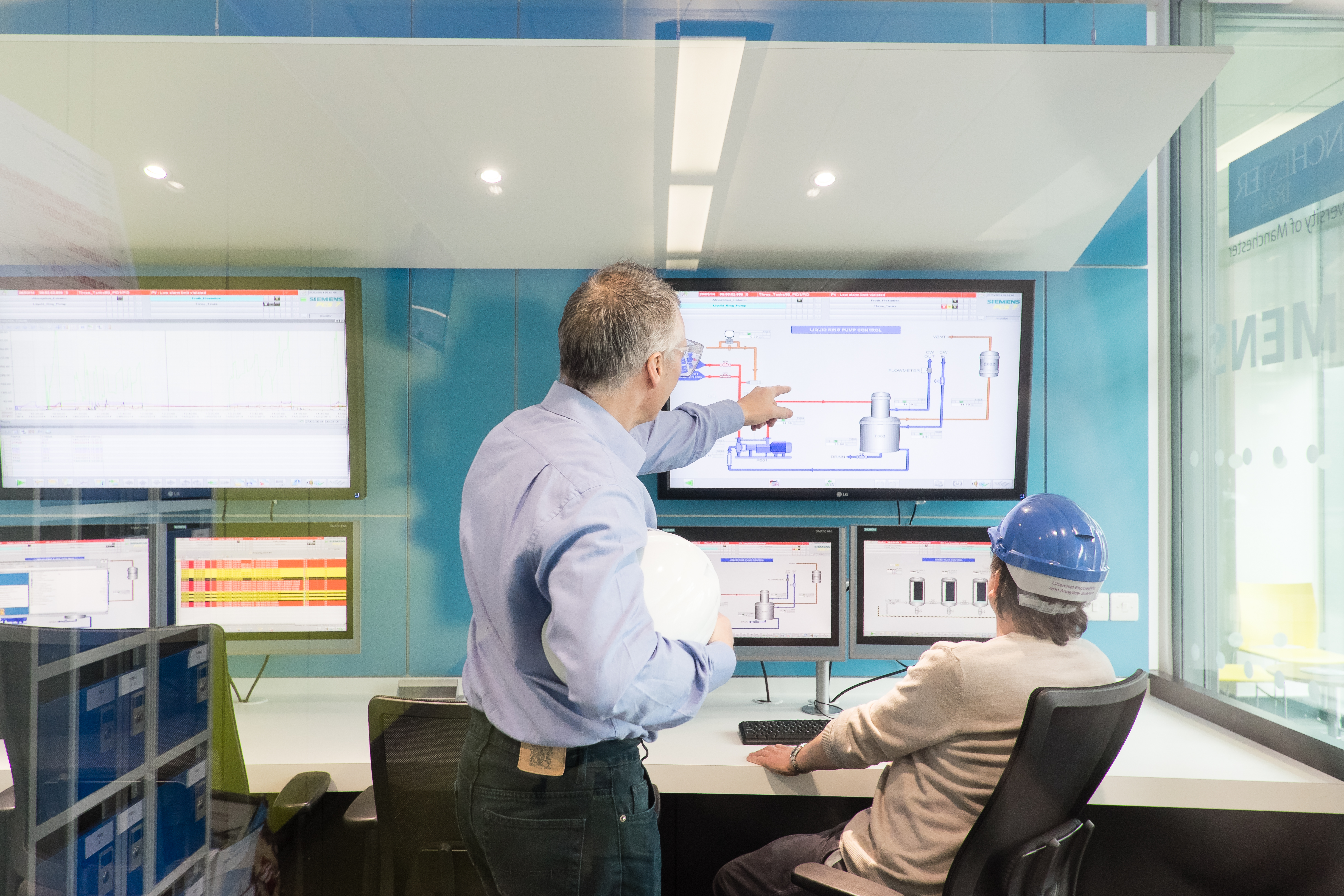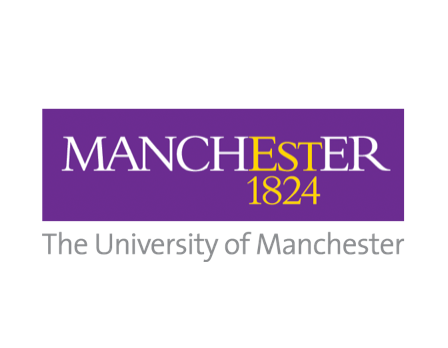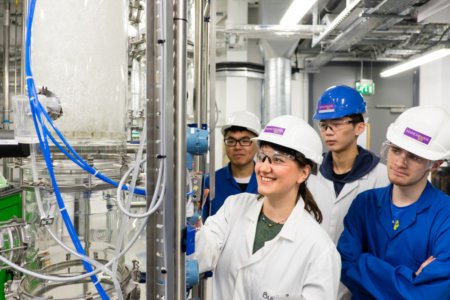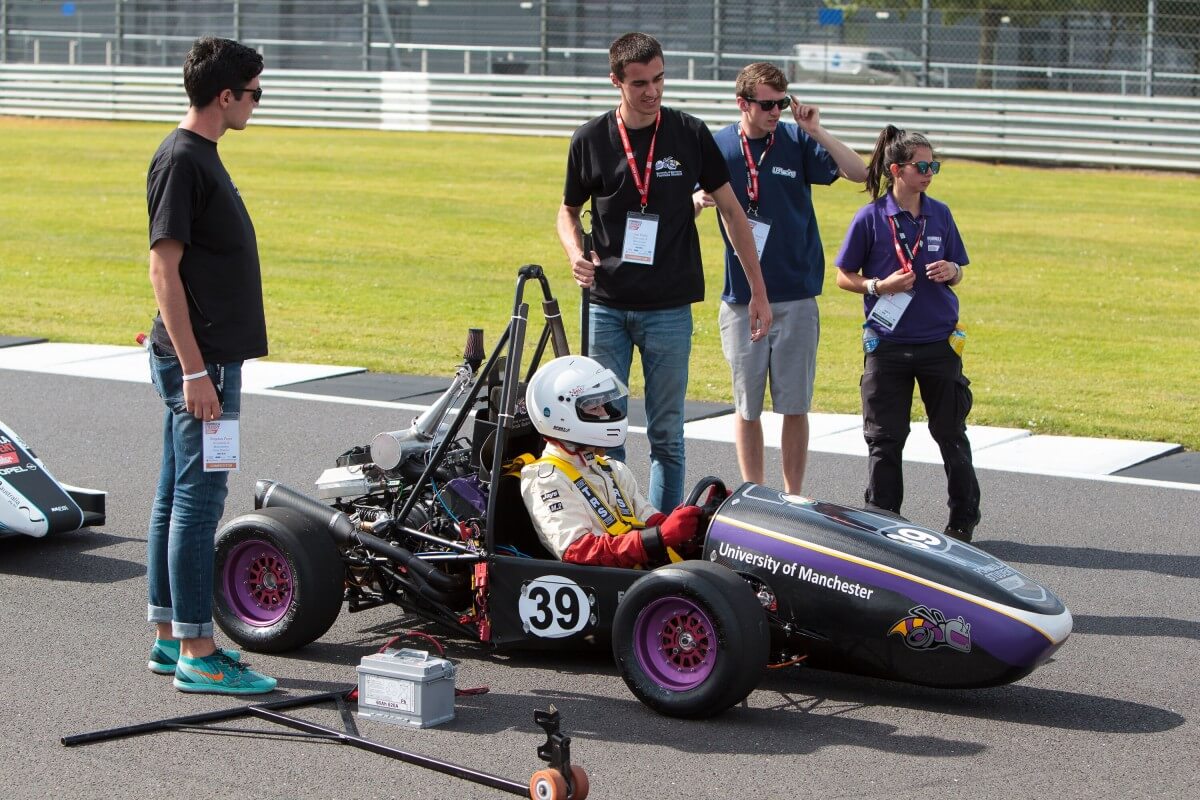At the University of Manchester, sustainability is more than just a buzzword. It is a commitment to dedicate its research, teaching and social responsibility to realising the United Nations Sustainable Development Goals (SDG) by 2030 — if not earlier. This commitment was cemented this year through being ranked first in the UK for social and environment impact by Times Higher Education.
The leading UK university takes the balancing of present development needs without compromising future generations’ seriously — 90% of research findings are described as “world-leading” or “internationally excellent” by the most recent Research Excellence Framework.
It is addressing “SDG3 Good Health and Wellbeing,” which assesses the contribution of universities to tackling communicable diseases such as COVID-19. It is working to make “SDG17 Partnerships for the Goals” — a measure of cross-national collaboration and coordination in research and education — come to fruition
“The SDGs were developed to combat some of the most pressing challenges facing the world and its population. These rankings put us at the forefront of finding solutions to remedy these problems – be that climate change, poverty or contemporary challenges such as COVID-19,” says Dr Julian Skyrme, Director of Social Responsibility.
Aspiring chemical engineers looking to make a difference should take note. The university’s Department of Chemical Engineering and Analytical Science (CEAS) is where many of the nation’s most respected academics are tackling many of the most pressing issues of today.
From developing ways to make chemical processing more efficient and sustainable, to detecting fuel leaks early, from creating software that helps companies track their carbon footprint to developing technology that reduces greenhouse gas — studying and conducting research here are opportunities to innovate with impact.
The software known as CCaLC (Carbon Calculations over the Life Cycle of Industrial Activities) is helping companies estimate the “cradle to grave” carbon footprint of their products. The UK government-endorsed technology now has over 4,000 users in more than 70 countries and has achieved estimated climate change mitigation benefits worth more than 450 million pounds. The developer of this software CEAS academic Professor Adisa Azapagic was recently awarded an MBE for her services to sustainability and carbon footprinting.
“CCaLC has helped Kellogg’s to identify business-wide hotspots and provide focus in terms of future priorities for carbon reductions along the entire value chain … We habitually use CCaLC in all new food and packaging innovation and design … We’ve also found CCaLC is useful to inform how to design more sustainable future products and as a vehicle for engagement with suppliers,” says Richard Burkinshaw, Kellogg’s Senior Sustainability Manager for Europe.
There are also around 200 E-Nose units in use worldwide to prevent costly incidents where oil leaks into rivers and waterways. In 2012, an advanced warning by the sensor saved Cummins Engineering Company more than 50,000 pounds in costs associated with fuel loss, clean-up, Environment Agency fines and legal costs.
These achievements reflect the Department’s efforts in tackling the four wider quality-of-life challenges; energy, health and wellbeing; sustainability; and water — and succeeding in them. These breakthroughs benefit the world; more so, they benefit the students under the Department’s tutelage.
Informed by the latest findings, motivated by the faculty’s dedication — these make for an enriching educational experience for degree-seekers here. It’s a “perfect blend” of lectures, coursework, design projects, and exams that enhance one’s problem-solving skills, according to Shobana Simon Manickam, an graduate.
is now a process engineer with Shell, a role that demands frequent checking in with colleagues in all four corners of the world. She says she is able to do this confidently, thanks in most part to the many opportunities she had to collaborate with students from diverse walks of life at the Department. “Manchester is the best place to study chemical engineering. Awesome lecturers, modern labs, enquiry-based learning and peer-assisted study sessions help to mould every potential chemical engineer to the best he or she can be in the future,” she shares.
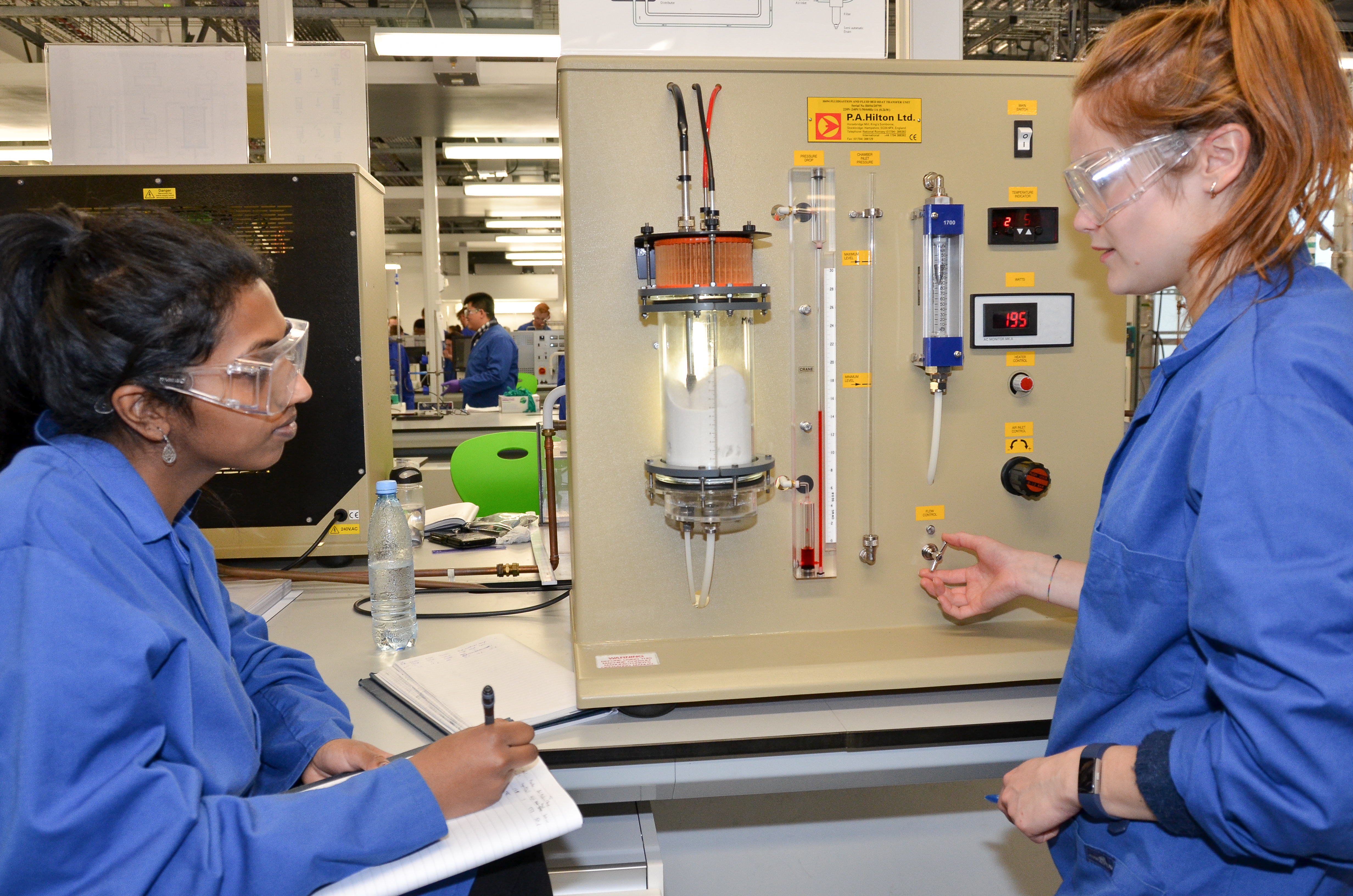
Source: University of Manchester, CEAS
The right physical environment, the latest tools of the trade
Located on campus grounds, the James Chadwick Building is home to an array of world-class research facilities. This is where the Department’s impressive range of laboratory space, dedicated computer suites and a wide selection of large-scale industrial processing equipment are housed — benefiting researchers, collaborators and students like Alessia Xu, who are set to make the world a better place.
Since arriving at the University of Manchester in 2015 from a small Italian town, has joined the University’s Sustainability Challenge and the Incredible Edible urban gardening scheme, as well as won the 2019 Student Volunteer of the Year . If the Department’s facilities provide the right environment for students to excel, activities on campus offer the necessary avenues for them to direct their personal interests for the greater good.
With volunteering embedded in the university’s culture, there were no shortage of opportunities for Xu to grow — personally and professionally. “Volunteering definitely helps you grow as a person — it’s a different experience from study, allowing you to meet so many new people with diverse opinions. For me, as a chemical engineering student, it has enabled me to think outside my discipline, which by its nature is very technical,” the graduate says.
Like Xu, many CEAS graduates find their education to be more than just an effort to receive a scroll. It’s a journey that expands their thinking, puts them among some of the most brilliant minds in the field and inspires them to give back to the world.
Since graduating with a Master’s in Advanced Chemical Engineering, Nasiru Mohammed, 31, has worked in the UK, spent seven years offshore for a water treatment solutions firm, and obtained professional certification in project management. Today, he is a project manager for low carbon assurance projects with one of the leading firms in the field.
“Thankfully at the university, the international mix of my class meant that I had the opportunity to experience cultures different to my own. This really helped me to build my communication skills and team-player mentality. These skills have been very instrumental in my career successes,” he says.
Life and opportunities in Manchester
Welcoming, accessible and multicultural — the city of Manchester is an ideal base for any and every student looking to begin their academic journey in the UK. A centre of excellence in many business sectors, Greater Manchester is home to 1.27 million people working in almost 110,000 businesses — a bustling hub of post-study opportunities.
By choosing Manchester, students put themselves ahead of the competition when the time comes to launch their careers. Join the UK’s largest department of chemical engineering and study at the subject’s true birthplace: Manchester. Find out more here.

